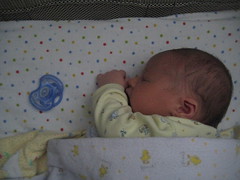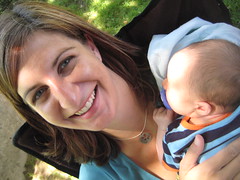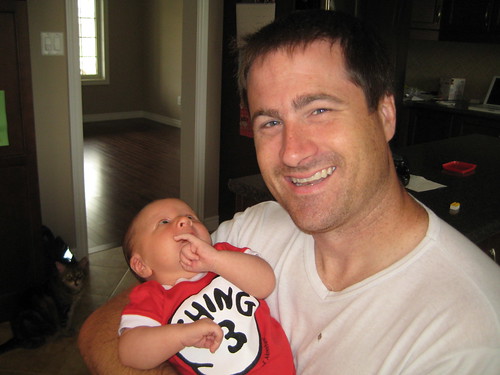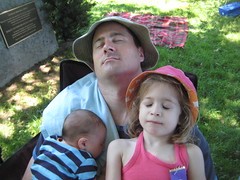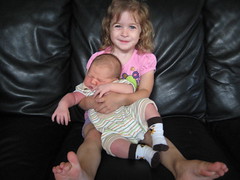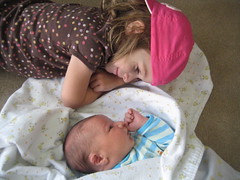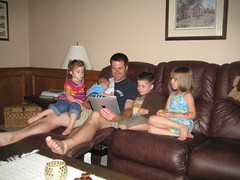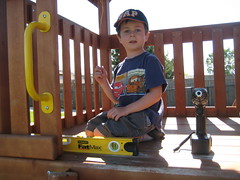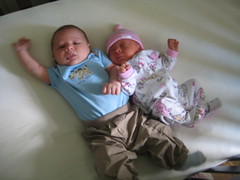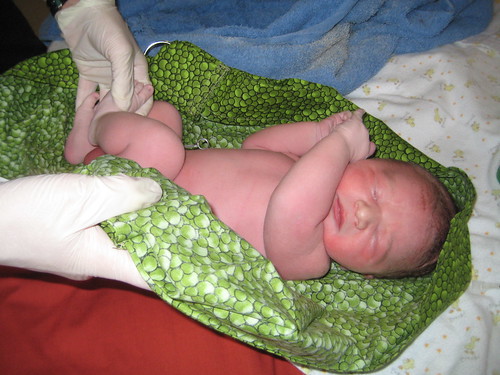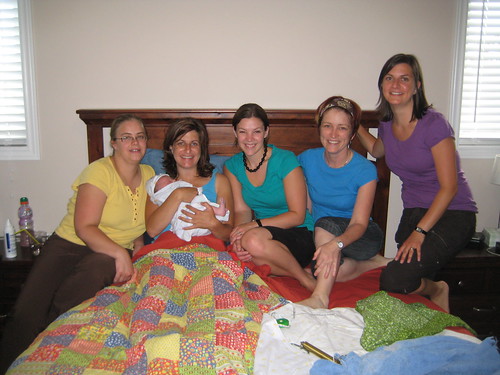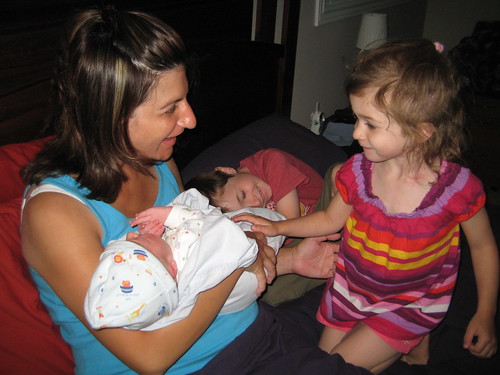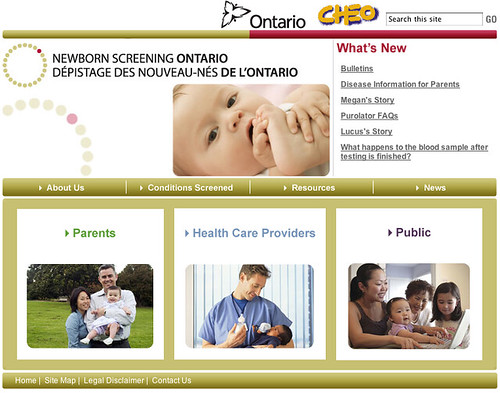And, when I think about the larger challenge of genetic testing, it makes me wonder where do we stop? In the very near future, genetic testing will provide each of us with a window into our "genetic flaws". I foresee a day in the not so distant future when we'll be given a printout after that
newborn screening heel prick telling you what to expect in life. It'll let you know what you might expect as you get older disease-wise, and it'll also tell you what you might pass on to your children.
This has some serious implications for the next generation: will our kids pick their mates based on genetic makeup? Designer mates, designer babies, designer families.
There is some evidence that "carrier screening" is already making a difference:
Carrier screening reduces CF birth rates in northeast Italy
This approach may breed out certain diseases, which would be fantastic. I am all for eradicating disease. But, what are the downsides to this? Are relationships being dissuaded based on genetic tests? Are families being prevented based on "the odds leaning towards an unfavourable genetic condition"?
I agree with the need to minimize disease, but if we based our decisions to procreate on risk factors, then I'd hazard a guess that nobody would have kids. Women in their 30s are at increased risk of having children with down syndrome. Some people lack sufficient financial security to properly feed, clothe and raise children. Pregnancy itself is not without risk. Maternal death is not uncommon in many parts of the world. Thus, the decision to have children in the face of scientific scrutiny is compelling.
I think we're faced with a couple of options:
- We commit to breeding very clinically, leaving nothing to chance. In this case, we have an obligation to use science to intervene at all stages of risk, right back to the point where a couple first meet - I visualize n online dating site with genetic profile comparisons, thus ensuring that only "safe matches" are put together. Anything that deviates from that sterile, clinical decision making process is considered "unclean" or "flawed" and is therefore unsupported. So much for the mystery and magic of love; or
- We leave some things in God's hands, accepting that which we cannot change and doing what we can to fix that which is broken. I am hopeful that finding a cure for CF means more than just "not having kids".
Next up: Part 5 - our choice

